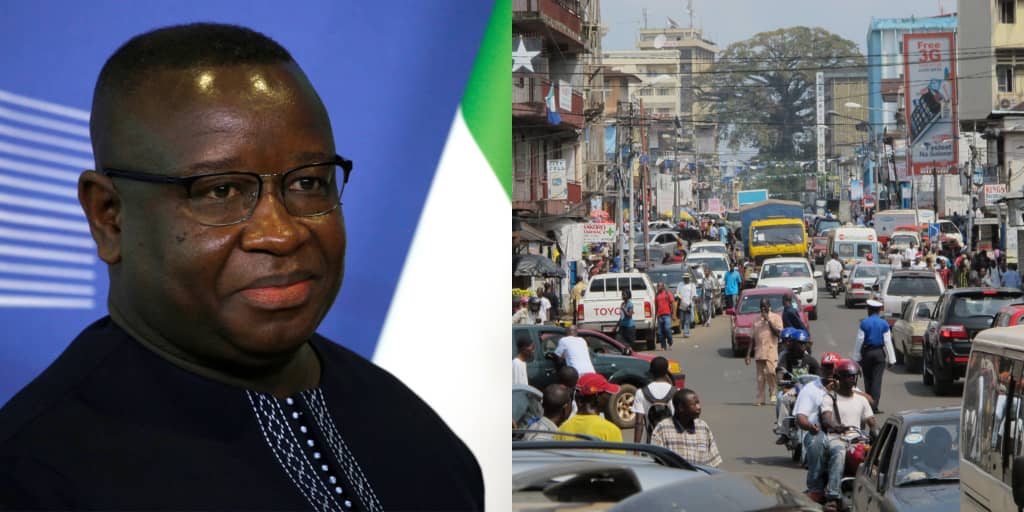It is reported that the Motor Drivers and General Transport Workers Union through its President, Alpha Amadu Bah has called on the Government to bring more vehicles to ease public transportation problem in the country.
According to report, Amadu Bah relayed the message on behalf of his union at State House during a presidential stakeholders interface with the business community. Motor Drivers Union and General Transport Workers Union was one of the many business entities represented in that meeting last Friday.
The Union, which constitutes poda poda (minibuses), taxis, Okadas (motor bikes), and Keke (three-wheeler taxis) is one of the formidable groups needed most by the country. The union fills bulk of the gap created in the public transportation sector.
The report further explained that movement within Freetown Municipality is heavily reliant on transport commercial vehicles, but the country’s most congested city has a very poor public transport system, becoming worse every now and then.

On daily basis people are stuck on the streets in long queues and dozens of others trek to and fro their business destinations. SLRTC has no vehicles to transport people within the city. The few buses operated by SLRTC only transport people Freetown to few major towns and cities in the provinces. That provide only for less than 20 percent of the public transport demand. The other small number of buses, podas (minibuses) and taxis running the street are privately owned. There is unmitigated problem in the public transportation sector.
In 2015, the Government of Sierra Leone purchased 100 buses from China to address public transportation challenges. Much of those buses are believed to have stopped running due to lack of maintenance.
The ongoing fuel crisis has further aided the struggle. Fuel has increasingly become scarce and expensive. Highlighting the current challenges facing the transport sector, Amadu Jalloh, pointed at manipulation of prices and supplies of the petroleum product by the suppliers as one of the key challenges they are encountering.
It is undeniable that the world is experiencing a gap in the supply chain of petroleum product as a result of the Ukraine-Russia war. But there is a growing suspicion that local petroleum dealers are capitalizing on the crisis to hoard the product at the expense of the general populace.




 Post a comment
Post a comment









Comment(s)
Disclaimer: Comments expressed here do not reflect the opinions of Sierraloaded or any employee thereof.
Be the first to comment